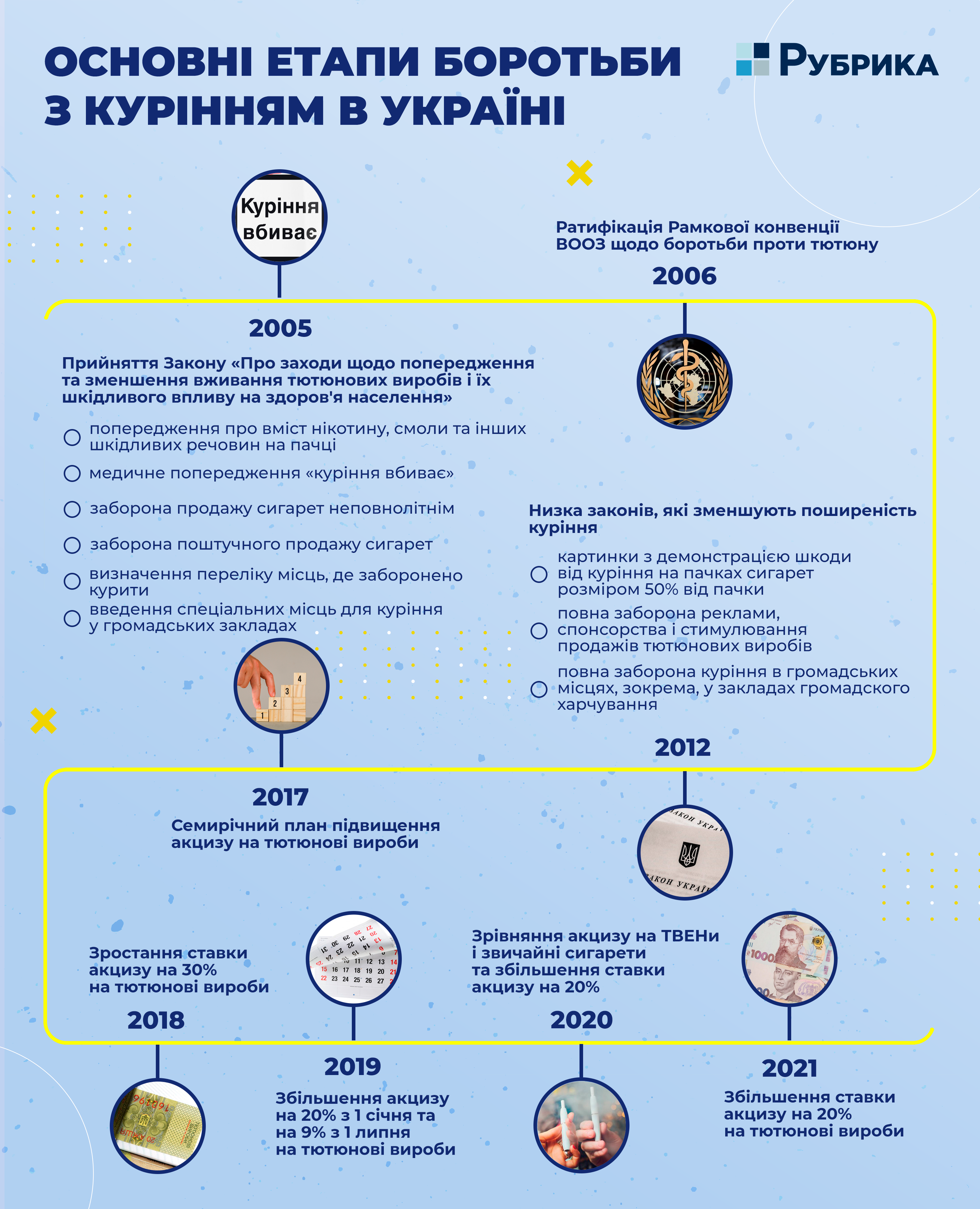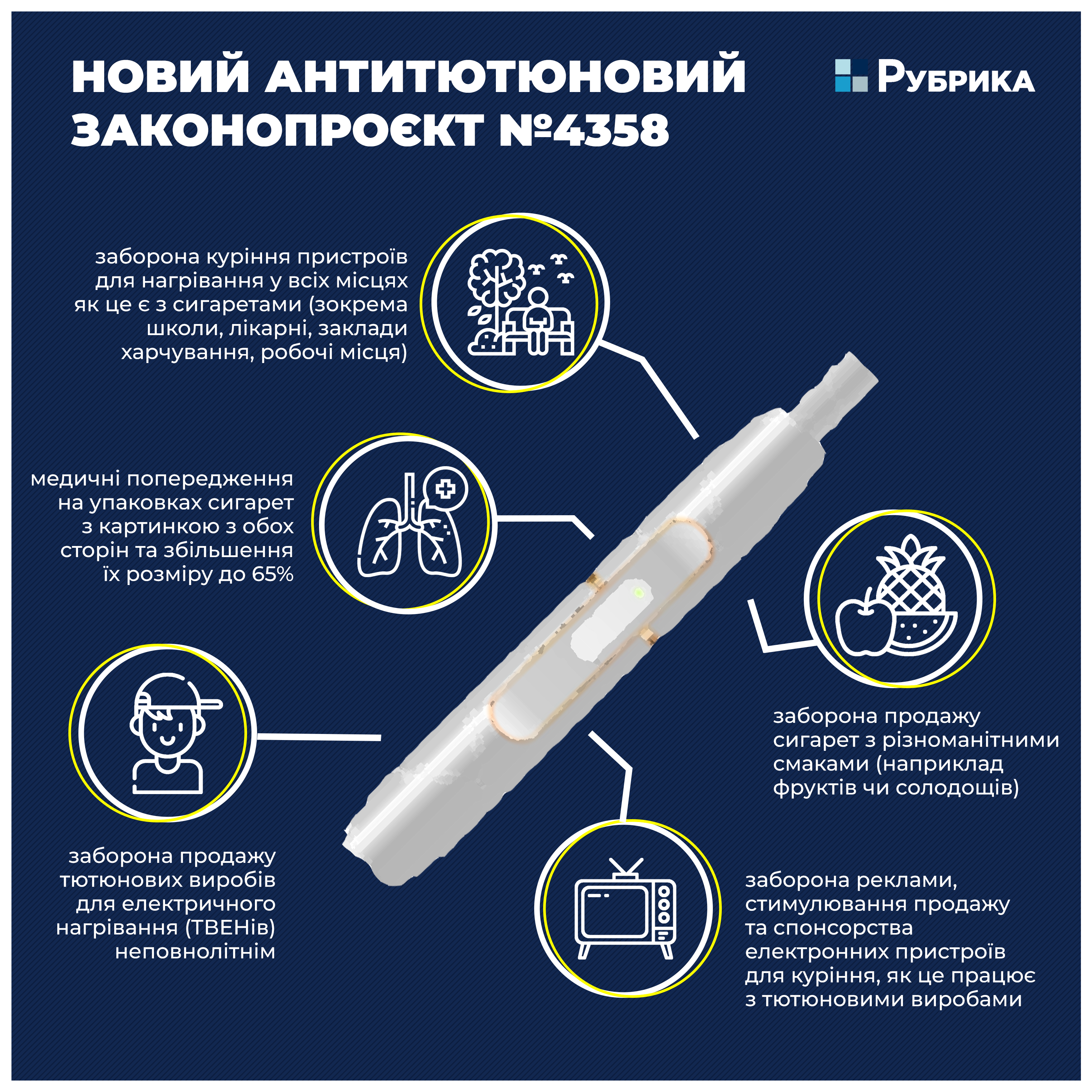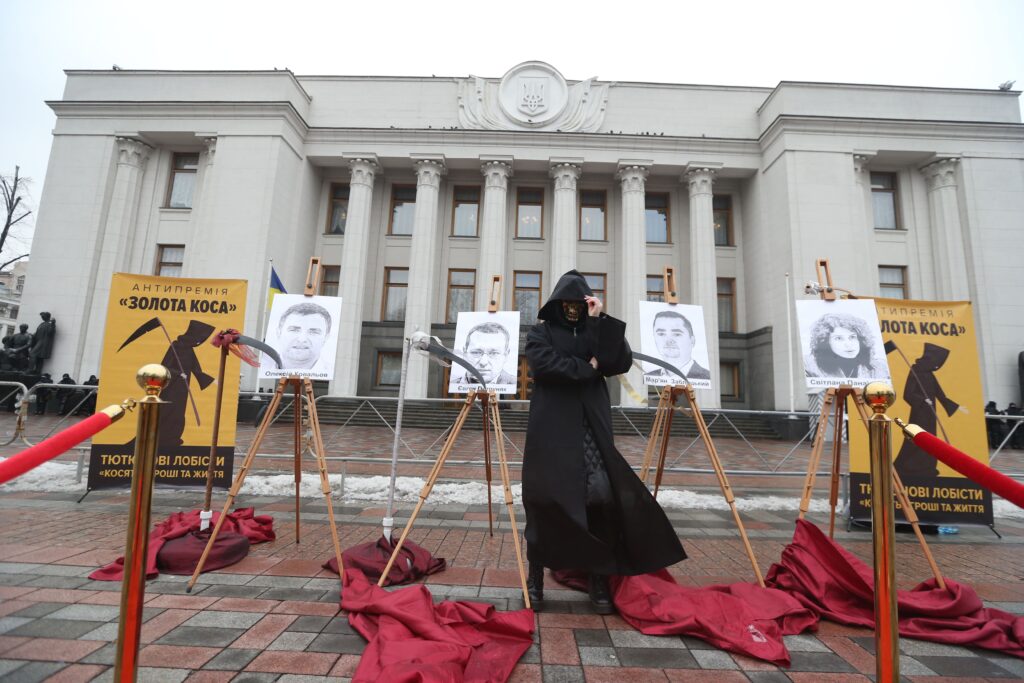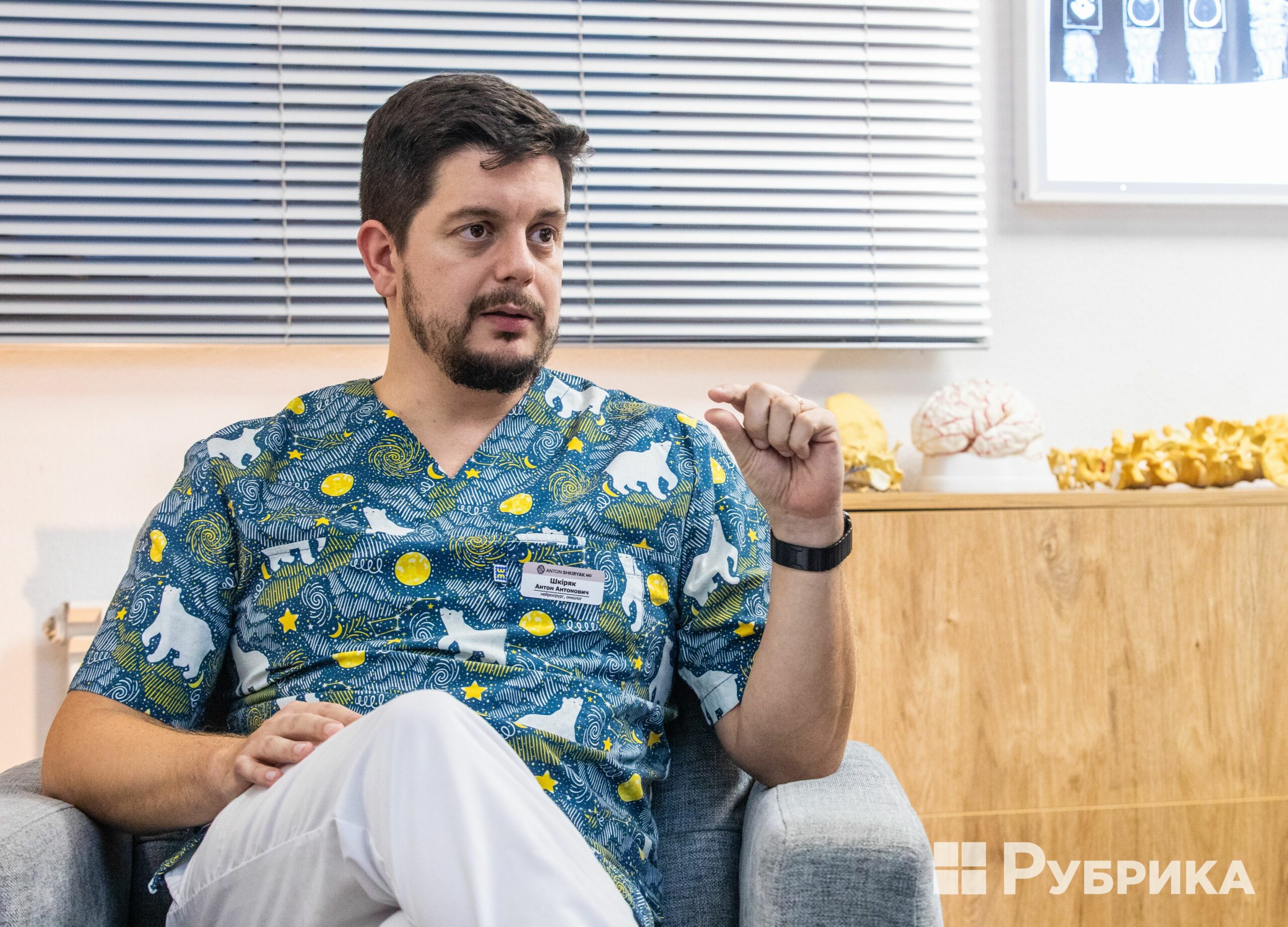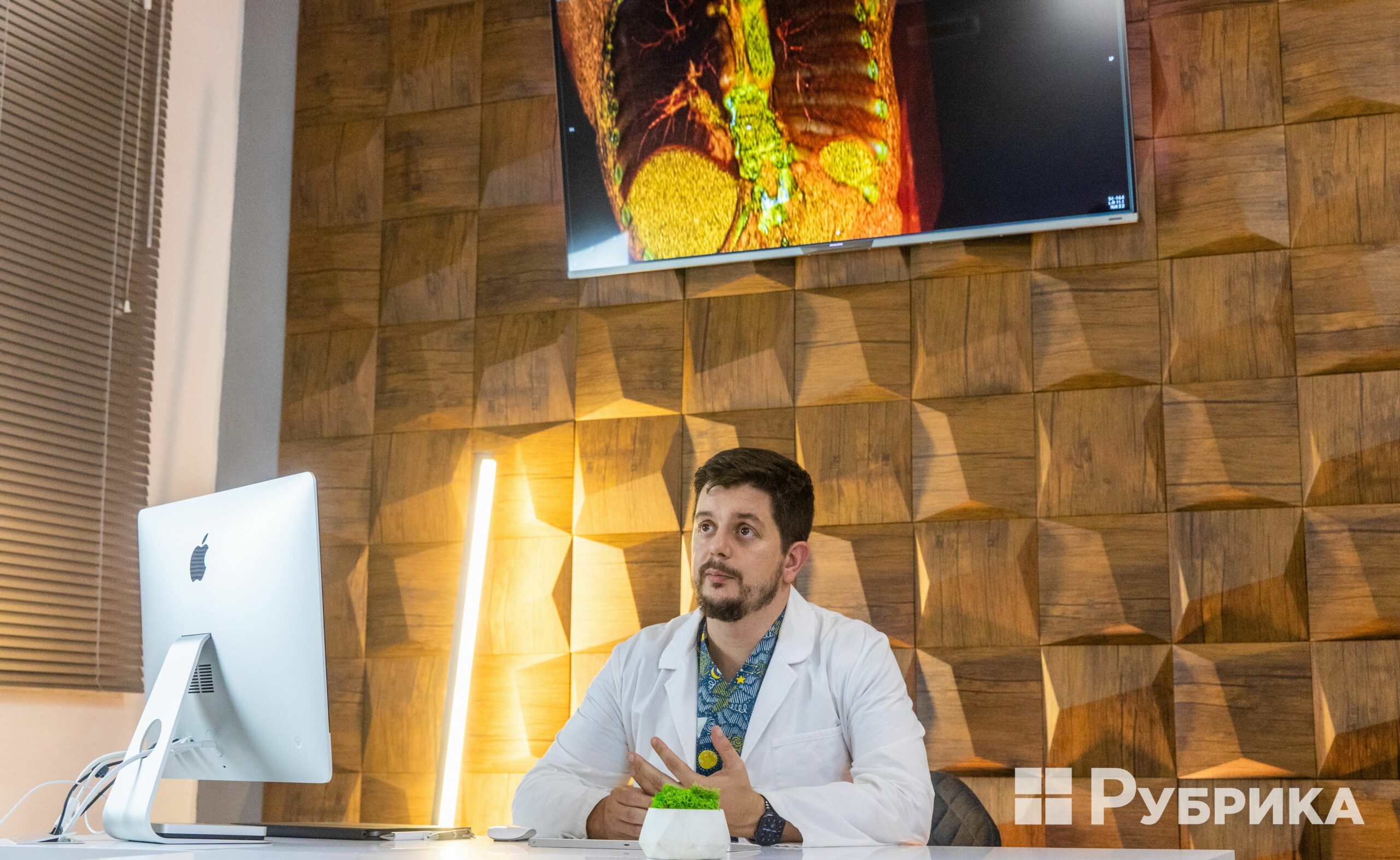
"July 13. One week after the operation. Single intensive care unit at the Dusseldorf clinic. The door opens, two professors come in, a translator, and my family.
The first to speak was the man who operated on me. I was so confused that I understood only fragments of phrases, one of which: 'Congratulations, today is your birthday! We freed you from a cancerous tumor; we don't detect any residual phenomena and metastases in the body. Laboratory examination of the tumor and removed 33 lymph nodes showed that they are clean and everything went well, you can be discharged from the clinic!"
I didn't know what to do, cry or laugh, but I remembered the words of one of the professors: "If you continue to smoke, the problem will return and we will not be able to save you," famous Lviv restaurateur Vardkes Arzumanian recently wrote on Facebook.
It's the true story of a man who managed to recover from cancer caused by smoking. But, unfortunately, not everyone is lucky. According to the World Health Organization (WHO), more than 8 million people die each year from diseases caused by tobacco use, and in Ukraine, smoking takes an average of 85,000 lives.
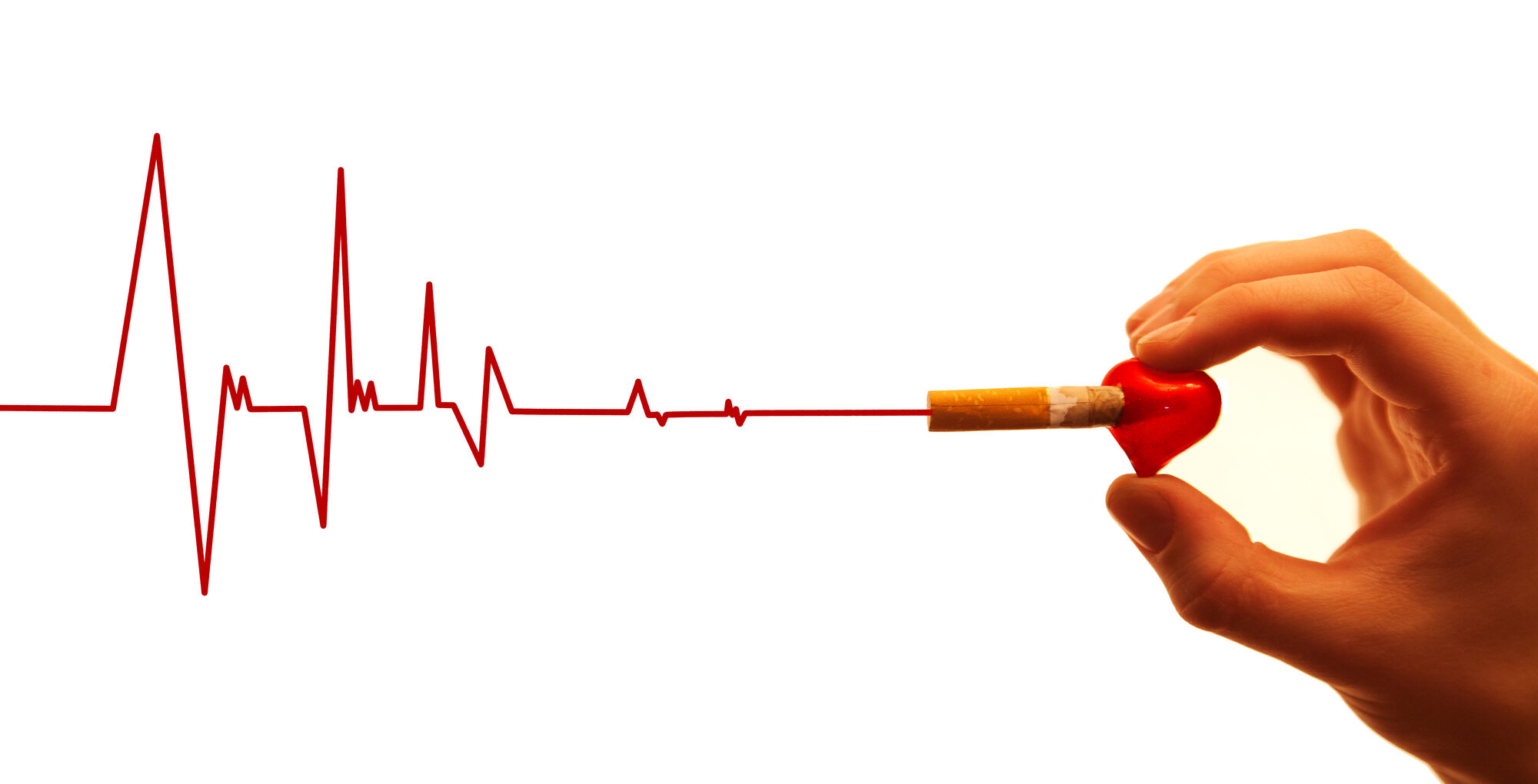
In 2012, there was a mini-revolution in the fight against smoking
Lilia Olefir, executive director of the Zhyttia NGO, notes that the active introduction of norms restricting smoking into national legislation began in 2004-2005.
"At that time, the WHO Framework Convention on Tobacco Control was adopted at the international level. The entire world understood the catastrophic problem, which was that billions of people smoked and the medical community already understood that smoking kills. Ukraine subsequently ratified this Convention in 2005. This was the first step."
According to her, it happened thanks to the leadership of the Ministry of Health, which was then headed by Mykola Polishchuk, a very famous Ukrainian neurosurgeon and chairperson of the "Ukraine Is Free of Tobacco Smoke" coalition.
Then came the first text warning about the dangers of smoking on a pack of cigarettes and some restrictions on advertising.
The next important legislative step in the fight against smoking took place in 2012. Then several regulations came into force at the same time, designed to reduce tobacco use, and they worked.
"In 2012, smoking was banned in public places and restaurants, and bans on advertising, sponsorship, and sales promotion were introduced. At the same time, pictures showing the harm of smoking appeared on packs of cigarettes, which occupied half of a pack of cigarettes. Before that, the warning was textual and took up 30%," said Lilia Olefir.
Lilia Olefir explains that in 2012, many European countries banned smoking in public places and cigarette advertising. At that time, Ukraine was catching up with international world trends, and it was inevitable.
"All these measures have reduced the prevalence of smoking and the number of smokers. We have a global study of 2010 and 2017. During this period, the prevalence of smoking among the adult population in Ukraine decreased by about 20%. The prevalence of smoking among children aged 13-15 also decreased by 20%. This is one of the best indicators in the world for the period of this study. The positive dynamics in reducing the prevalence of smoking among adolescents has also been confirmed by international studies," Andrii Skipalskyi, a WHO specialist on risk factors for non-communicable diseases, said.
Activists note the state's active role in excise policy, helping reduce the prevalence of smoking.
"In excise policy, Ukraine is showing a significant result, thanks to the tax committee, in particular, to the chairperson Danylo Hetmantsev, because excise duties on heated tobacco products were equated with excise duties on cigarettes. Before that, excise duties on heated tobacco products (HTPs) were three times lower. Simply because tobacco companies had the opportunity to lobby," Lilia Olefir says.
She also draws attention to the fact that, from 2018, there is a seven-year plan to increase taxes on tobacco products in Ukraine. Its goal is to create the minimum tax per thousand cigarettes to be 90 euros.
"In Ukraine, the tax on tobacco products increases by 25% every year and will remain like this until 2025. Showing European partners that we can fulfill our commitments isn't the only advantage, but also an excellent step in the fight against cigarette smuggling from Ukraine," the activist said.
Andrii Skipalskyi adds that there are very few countries in the world that could demonstrate such an effective excise policy as Ukraine demonstrates.
"It's a significant achievement, which to some extent corresponds to Ukraine's European integration commitments, but even those commitments require considerable political will. We have become one of the few countries that have equated taxes on HTP (for example, IQOS and Glo devices) with traditional tobacco products."
There's a recent study on the WHO website that confirms that pricing is one of the most effective ways to reduce the prevalence of smoking. This strategy works best in low- and middle-income countries.
However, over the past few years, the positive trend in the prevalence of smoking has decreased significantly. It happens since there are many products on the market that aren't subject to legal restrictions on advertising, marketing, and consumption. We are talking primarily about electronic cigarettes and HTPs.
"The main driver of the positive dynamics in recent years has been exclusively pricing policy, increasing excise taxes and reducing availability. This tool is quite effective, but even it cannot work effectively without other measures. New heated nicotine and tobacco products have appeared, they are actively promoted and advertised, and thus they are the entry point for nicotine and tobacco dependence of young people. Effective regulation of these tobacco and nicotine products is a problem in Ukraine," Andrii Skipalskyi said.
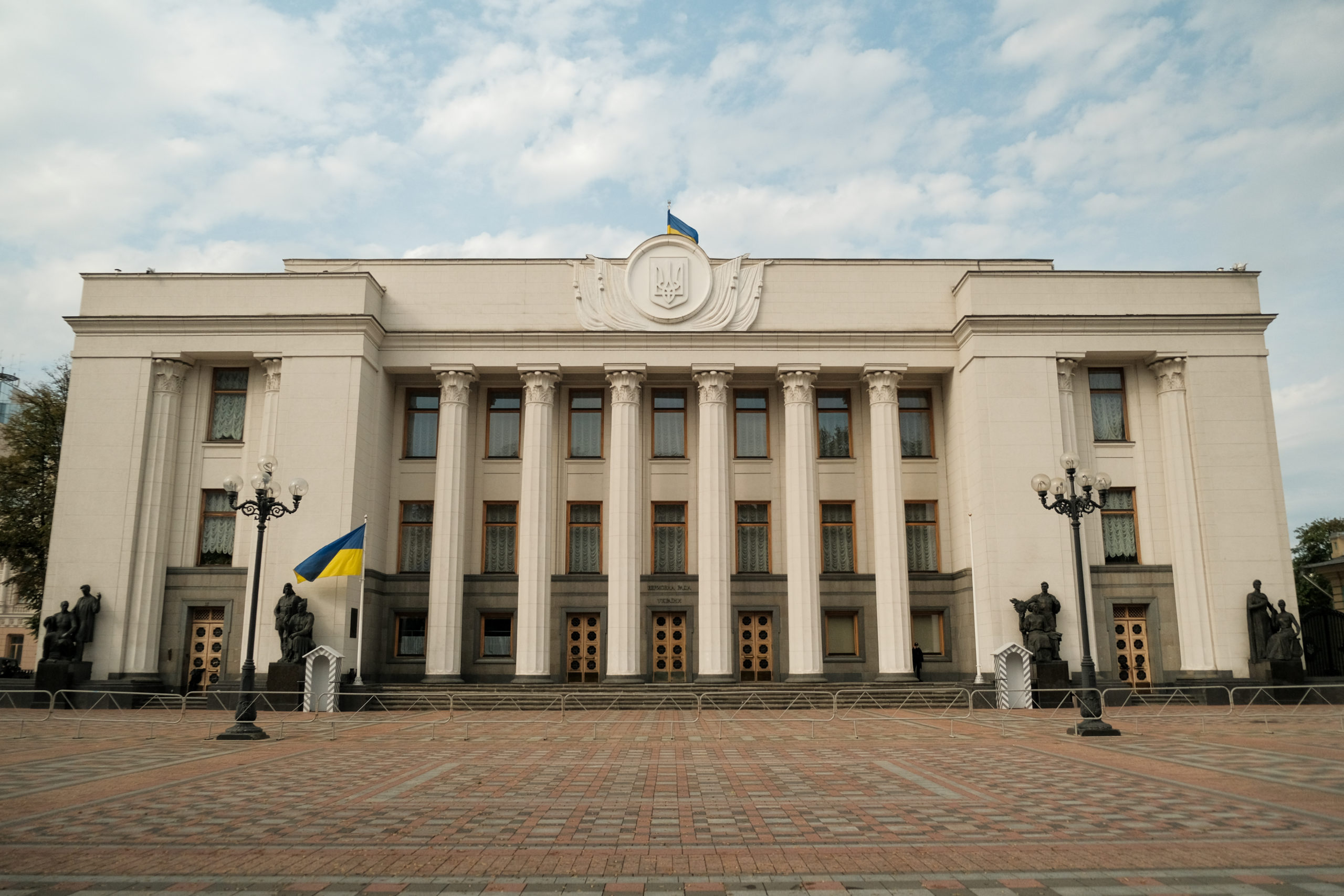
A new wave in the fight against smoking
A few months ago, the Verkhovna Rada of Ukraine adopted a broad anti-tobacco draft law №4358 in the first reading.
According to Andrii Skipalskyi, it can be divided into two parts. The first part concerns rules that coincide with Directive 2014/40/EU. It's a set of measures that countries have committed to implement, and for most of them, the deadline expired in 2017.
The second part of the draft law concerns measures that are not part of the Directive but are recommendations or best practices to implement the WHO Framework Convention on Tobacco Control.
"Those norms in the draft law, adopted in the first reading, are progressive, in line with world best practices, and also bring us closer to implementing the Association Agreement and harmonizing legislation with the European Union in terms of production, presentation, regulation, and control of tobacco," a WHO specialist on risk factors for non-communicable diseases says.
The draft regulates the trade of heated tobacco products, which is almost not regulated by law, even though there is tobacco.
"Of course, when they hit the market in 2016, they would have to be regulated in the same way as tobacco products. In all documents submitted to official state bodies by tobacco companies, these products aren't positioned as tobacco products and, accordingly, all rules and prohibitions that apply to cigarettes don't apply to HTPs, although common sense says that there's tobacco; a WHO study says about their harmfulness and that they should be regulated in the same way," Lilia Olefir explains.
Among the main innovations, draft law №4358 proposes to ban the smoking of heating devices in all places, as in the case of cigarettes.
The warnings about the dangers of smoking on cigarette packs will have a picture on both sides and will increase to 65%.
The authors of the draft law also proposed to ban the sale of cigarettes with different flavors (such as fruit or sweets), to eliminate advertising, sales promotion, and sponsorship of electronic smoking devices, as is currently the case with regular cigarettes.
Another important provision in the draft law is a ban on the sale of tobacco products for HTPs to minors.
The draft law also contains a provision that eliminates the requirement for employers to provide employees with smoking areas. "We have 80% of people who don't smoke and it's very important to take care that they don't fall victim to second-hand tobacco smoke," Lilia Olefir says.
"Back in 2018, Ukraine supported the decision of the Parties of WHO Framework Convention Conference on Fight against Tobacco that all new nicotine products should be regulated on a par with traditional cigarettes. Tobacco companies are trying to separate and create different legislation for heated tobacco products, misleading many. For almost 5 years, from the moment such products appeared, their trade was almost unregulated. That is why the draft law №4358 essentially returns such products to the legislative field," Andrii Skipalskyi notes.
According to him, after finalization, the draft lost some rules, but it remains a progressive and effective measure to reduce tobacco prevalence, which is important for Ukraine because we have several tobacco products that remain unregulated and it's used by manufacturers to attract young people for tobacco use.
"We go back to the 2011 story when we have to talk about basic things, but now with other products. The WHO believes that the safety of these products hasn't been proven. Moreover, they're toxic and dangerous and we can't say that they're more or less harmful, arguing the legal vacuum and risks to public health," Andrii Skipalskyi says.
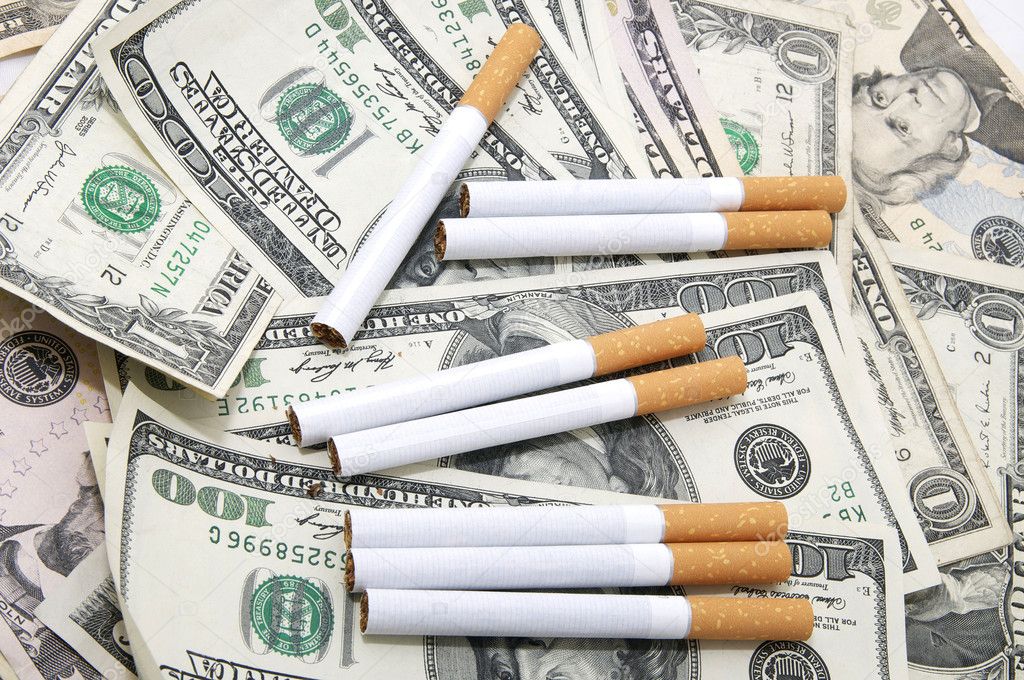
Tobacco lobbying
All anti-tobacco legislative initiatives are naturally met with opposition from tobacco lobbyists.
For example, a draft law was registered in the previous convocation of the Verkhovna Rada; it provided for regulating electronic cigarettes and HTPs. But it wasn't passed.
"The norms from that draft are now in the draft law №4358, and they're really progressive. In fact, we're fulfilling the obligations we were supposed to fulfill in 2016-2017," Lilia Olefir emphasizes.
She also adds that in the initial version of the draft law №4358, there was a rule banning flavors in electronic cigarettes and HTPs, but after the first reading, it disappeared under the pretext that the European Directive doesn't require it.
"The thing is that the directive was adopted when these products weren't yet on the market. And in the preamble of the document, it's noted that the directive gives only minimum requirements. All countries have the absolute full right to adopt additional restrictions," she said.
Lilia Olefir says that at the legislative level, Ukraine could do much more to reduce the prevalence of smoking.
"Some countries in the EU have standardized packaging of cigarettes: unattractive dark olive color, brands are marked in the same style, without flashy advertising. It's absolutely right for a product that kills half of its consumers. In one of the first versions of the draft law, there was a norm on standardized packaging, but due to the pressure of tobacco lobbyists, it was excluded," the activist said.
Also in the initial version of the draft law №4358, the norm prohibits the display of cigarettes, which, in fact, is a street advertisement if cigarettes are sold in kiosks.
"Displaying is when cigarettes are placed in cash registers at sale outlets so that the consumer interacts with the products as much as possible. Many kiosks in Ukraine are simply covered with tobacco products with lights and displays. We have insider information that sale outlets are charged about 7 thousand UAH per month simply because they have this display. In Ukraine, the display performs the function of outdoor advertising. And it's actually a problem because we've had a ban on cigarette advertising since 2012. We're well aware that without the ban on displaying, the ban on advertising isn't complete," Lilia Olefir said.
Tobacco companies are always behind the resistance groups. The tobacco lobby isn't only in Ukraine. It's understandable because the cost of tobacco products is minimal and it's a very profitable business.
"The most notable in Ukraine may be Philip Morris. It's very unfortunate that in their lobbying stories they use influential business associations, like EBA, the American Chamber of Commerce and Industry," the executive director of the NGO Zhyttia says.
She emphasizes that the last changes to the anti-tobacco legislation in Ukraine were in 2012. Since then, tobacco companies, using deputies, have blocked the adoption and strengthening of legislation at the parliamentary level.
Even if the draft law is passed in 2021, a significant part of the rules will work only in 2 years. That is, tobacco lobbyists managed to keep the situation unchanged for 10 years.
Ukraine has an annual "Golden Scythe" anti-award, which is given to politicians for defending the interests of the tobacco industry against the interests of public health.
Last year, the Golden Scythe was awarded to Marian Zablotskyi, a member of the Tax Committee and a member of the "Servant of the People" party.
Another deputy, Yevhen Petruniak, a member of the Verkhovna Rada Committee on Finance, Tax and Customs Policy, received the Silver Scythe. He initiated an amendment to the drafts №1210, 1209, which postponed the introduction of a tax on liquids for electronic cigarettes, equating the excise tax on HTPs to the level of cigarettes for 6 months (until 01.01.2021).
Oleksii Kovaliov received the Bronze Scythe. He's the creator of several draft laws concerning the production and sale of tobacco products and indicating that the deputy represents the interests of participants in the tobacco market.
Svitlana Panaiotidi, Deputy Minister of Economic Development, Trade and Agriculture of Ukraine, received a special Golden Brake anti-award prize, which is awarded to a representative of the executive branch.
According to the organizers of the anti-award, she organized the decision of the Cabinet of Ministers of Ukraine to establish a National Tobacco Distribution Operator, which actually legalizes the monopoly of tobacco distribution of Tedis Ukraine LLC at the regulatory level.
"Some deputies don't even hide their position on the lobbying of tobacco companies. For example, before becoming a member of parliament, Marian Zablotskyi headed the Ukrainian Society for Economic Freedoms, which received grants directly from Philip Morris International. It was 150 thousand dollars for several years in a row. When Marian Zablotskyi became a deputy, he submitted amendments to the draft law №4358. Most of the amendments concerned the weakening of the draft law," Lilia Olefir emphasizes.
She adds that under Ukrainian law, tobacco companies are prohibited from providing financial support to any person or organization. But in Ukraine, they often take advantage of the inability of government agencies to enforce current legislation.
Even as the head of the NGO, Marian Zablotskyi made public statements that it wasn't necessary to raise taxes for tobacco companies, and ban the display of cigarettes.
"We often hear from tobacco companies how much they pay taxes to the budget. But they serve exclusively as administrators of the excise tax. That is, they collect and transfer the tax paid by consumers to the state. It's quite high and reaches 70% of the cost of the pack. At the same time, they say that they pay this money to the state," Andrii Skipalskyi points out.
He says that if you look at the income tax, tobacco companies usually have nothing to boast about. Some companies even showed losses.
At the same time, according to official data, losses from premature mortality, treatment of smokers, significantly outweigh the annual additional revenues from taxes received by the state.
According to experts, annual economic losses amount to 3.2% of Ukraine's GDP or about UAH 90 billion due to early disability of smokers, social benefits, and treatment of diseases caused by smoking.
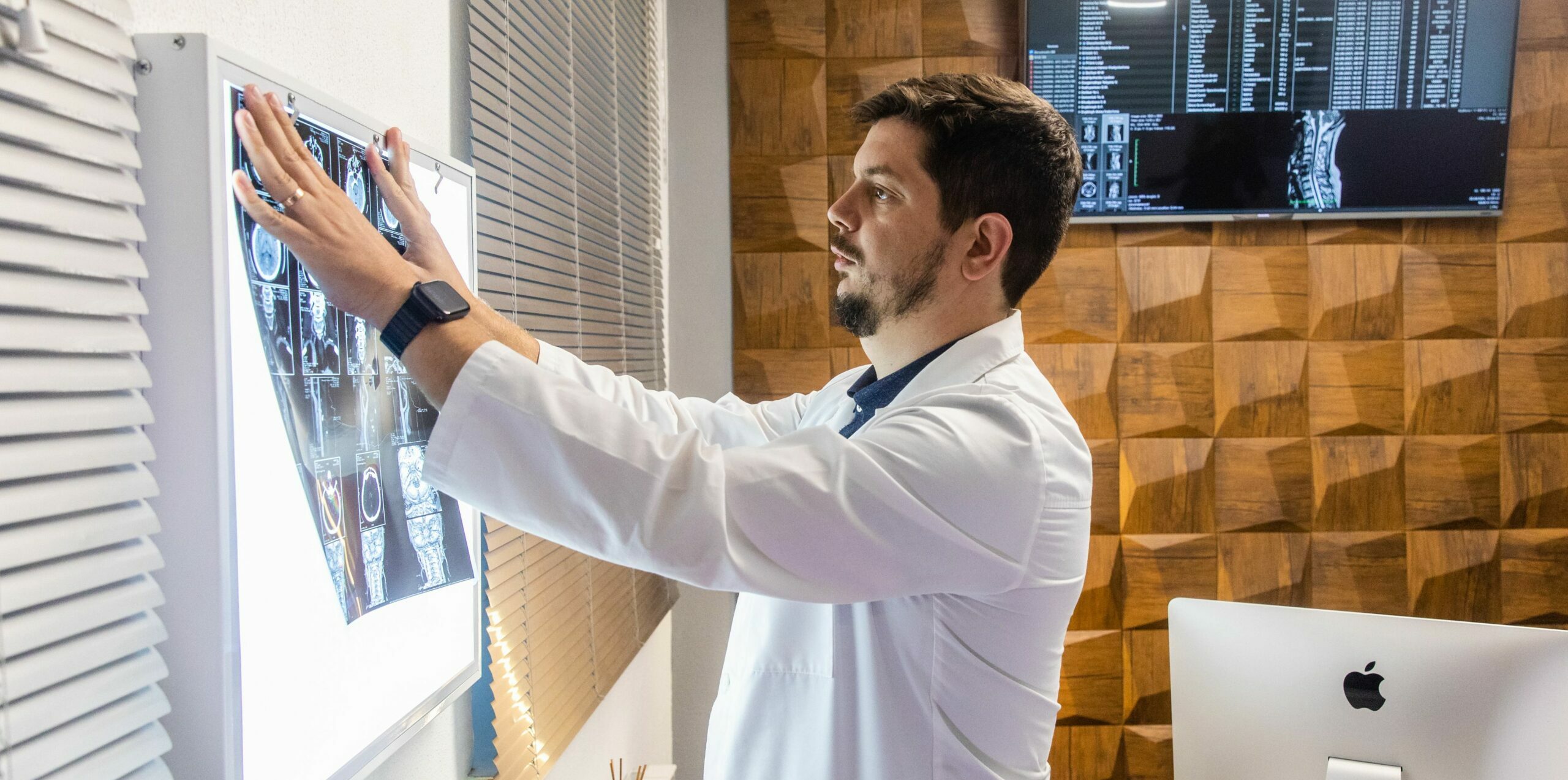
60% of people with lung cancer die in the first year
Anton Shkiriak, a neurosurgeon, oncologist, and public figure in the field of health care, says that smoking is harmful at any age. But it's most dangerous in adolescence.
"Functional organs of the human respiratory system develop at puberty, lung volume increases to 21-22 years of age. It's at this point that if a person starts smoking, this process slows down and sometimes can even lead to a cancerous process," Anton Shkiriak says.
According to the doctor, his youngest patient with lung cancer was 19 years old. It's a boy who smoked from the age of six, hiding it from his parents. He had stage 4 cancer.


The doctor is convinced that the fight against smoking is a matter of national security because it mostly affects the young, able-bodied population.
"There are no healthy cigarettes. Cigarettes with reduced nicotine or tar content, thicker or thinner, are all purely a marketing move that people are led to for some reason. The point isn't in the amount of nicotine, but in the fact that a person, getting used to it, can no longer give up," Anton Shkiriak said.
He adds that quitting smoking is very difficult. If 50% of people can quit during the first year from the beginning of smoking, then in 2-5 years, it's only 10%. People who smoke for 20-30 years can no longer exclude nicotine from metabolic processes.
As for e-cigarettes, marketing works here too, according to the doctor.
"Young people love gadgets. The tobacco mafia has also come up with an electronic gadget that needs to be charged, which can have different colors, styles, tastes. It's like selling poison to different tastes and explaining that it's healthier," Anton Shkiriak is convinced.
The doctor notes that the reduced amount of nicotine in such cigarettes increases the amount of their use. In addition to nicotine, such products contain cellophane, ammonia compounds, and other harmful substances that also affect health.
"HTPs are an alternative to die of cancer only a little later, an alternative to have respiratory failure, only a little later, an alternative to getting COVID-19 with a milder course of the disease than those people who smoke regular cigarettes," Anton Shkiriak said.
Second-hand smoking is especially dangerous. According to the doctor, it can also lead to cancer. In addition, things like hookah can also lead to dangerous consequences. The doctor recalled a complicated case of cancer in a young girl who smoked hookah only, and, unfortunately, died of the disease.
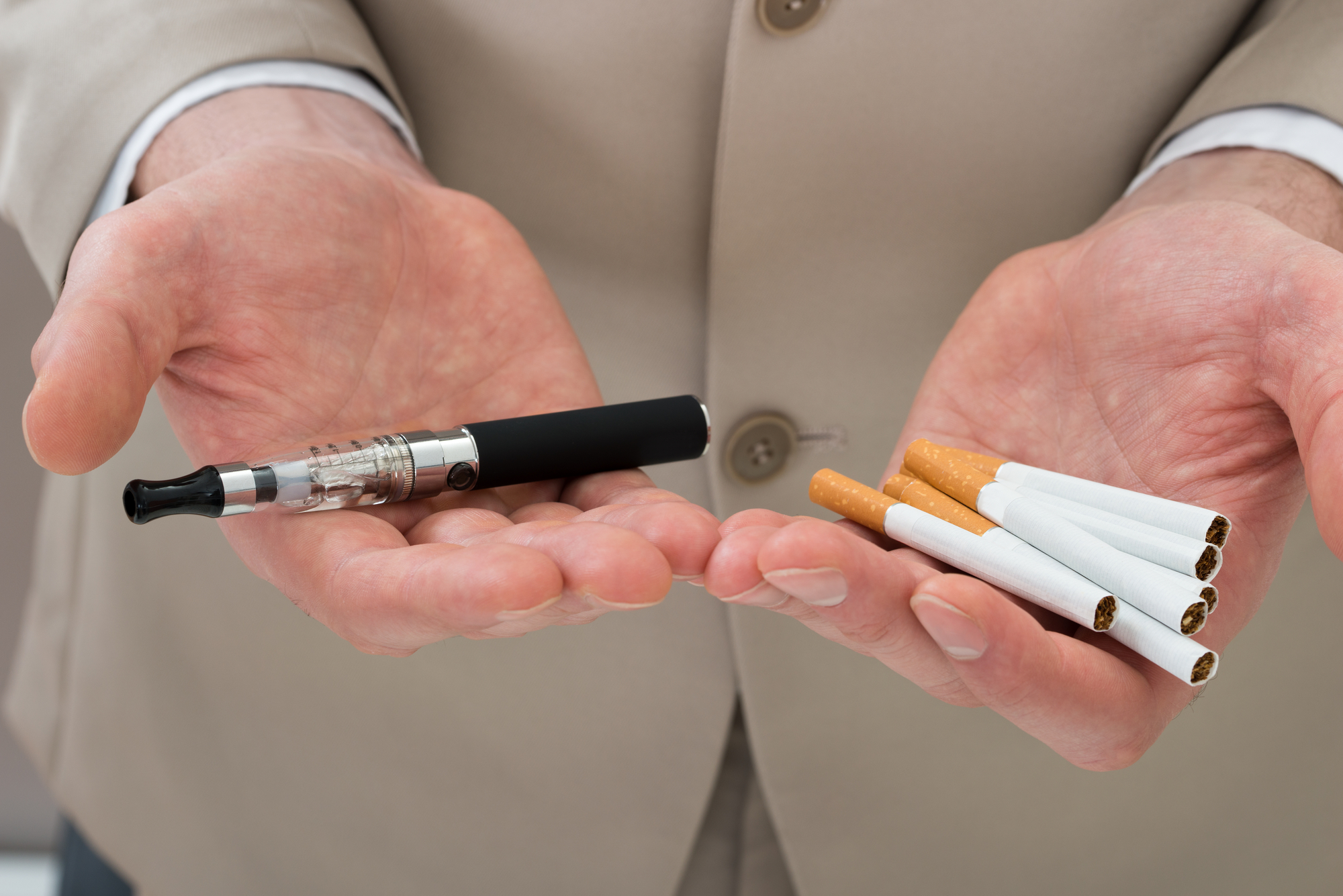
He notes that young people have recently been getting more ill.
"Twenty years ago, people over the age of 50 were diagnosed with cancer. Now the disease has rejuvenated. Many patients are 35-40 years old. That is, they are people of working age," the doctor says.
He adds that the average Ukrainian doesn't seek medical attention in the first stage of the disease when they have a mild cough or strange wheezing in the lungs. Most patients are treated when the cancer is in stages 3-4 and other parts of the body are already affected.
Cancer treatment is a very expensive procedure, according to the doctor. The state doesn't cover the cost of treatment in such cases and the patient has to spend about 3-4 thousand dollars a month out of pocket.
"If a person starts smoking, they should have at least 70 thousand dollars for cancer treatment. If they don't have that money, then, of course, it's a tragedy. People often ask the only question: 'Why me?' The answer is simple: 'Because you started smoking.' A large number of randomized trials have shown that smoking is a major cause of lung cancer," the doctor says.
He emphasizes that if a person smokes a pack of cigarettes a day, it increases the risk of lung cancer significantly. It can happen in 70 years, and maybe in 2-3 years. It all depends on mutations in the body.
The doctor even talks about the teratogenic effect of smoking when children of smoking parents get cancer.
According to the doctor, if the cancer is detected in stages 1-2, and the person has the financial ability to be treated, then modern immunosuppressants that teach the human immune system to destroy cancer cells can be very effective in treating the disease.
In the third stage, cancer is treated with chemotherapy and surgery. In the fourth stage, it's very difficult to cure cancer, but you can prolong your lifespan. Only a few percent of patients with stage four cancer recover completely.
"Of those people who are diagnosed with lung cancer in 2021, about 60% of patients are likely to die within a year," the doctor says.
The doctor is convinced that if cigarettes are expensive, then at least young people won't be able to afford to smoke. He notes that a mass parliamentary lobby is needed to limit the prevalence of smoking and avoid tens of thousands of cancer deaths.

Is it possible to give up tobacco at the state level?
A complete ban on tobacco is unlikely shortly. Only countries with a low level of democratic development, such as Bhutan, can afford this.
The world's two most common methods of combating smoking are legal restrictions on the sale and advertising of cigarettes and pricing policies. The ultimate goal of such measures is a tobacco-free policy, reducing the prevalence of smoking to 5% (currently in Ukraine – 16.5%).
"Studies show that both methods are effective. Moreover, they're complementary and need to be combined. It applies not only to Ukraine. The practice of other countries shows that raising taxes and prices must be accompanied by regular legislative changes to restrict smoking," Lilia Olefir said.
According to her, countries such as Finland, Norway, Sweden, New Zealand have already decided that by 2040, someone, by 2035, will strengthen anti-tobacco legislation so that the prevalence of smoking was less than 5% among adults.
"There are more than a dozen countries that have announced a complete cessation of tobacco until a certain period, the so-called tobacco-free policy. That is, they have identified a time when tobacco will not be in free circulation on the market and will become a fairly marginal product. But countries are moving to this step by step, reducing consumption to 5%, where the vast majority of the population doesn't smoke and doesn't respond to this product. As it was 100 years ago when very few people knew what cigarettes were," Andrii Skipalskyi adds.
Ukraine needs to be equal to those countries that have already set an end date by which the prevalence of smoking should be reduced to 5%. This approach works.
Newsletter
Digest of the most interesting news: just about the main thing






